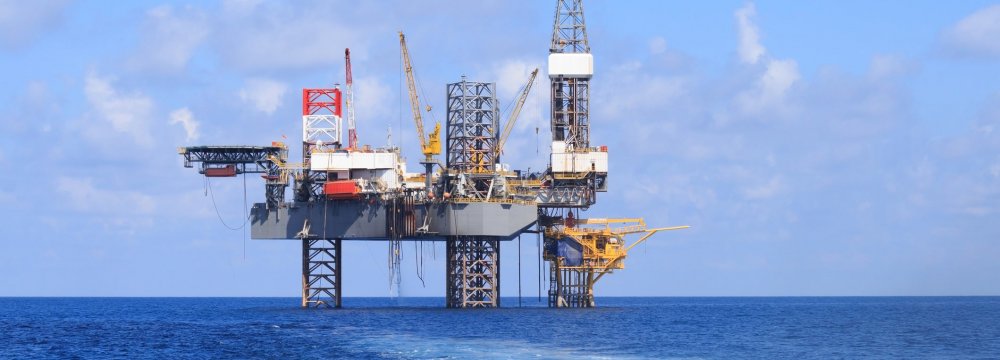
Brazil Ignores Climate Concerns, Carries Out Offshore Drilling Plans

As a developing country, Brazil could not, according to Mines and Energy Minister Bento Albuquerque, “release its grip on hydrocarbons”, and oil would be a necessary energy source for years to come, Oil Price reported.
However, Albuquerque said that Brazil would still be able to meet its climate goals agreed to under the Paris Agreement, and may even increase its target.
Brazil relies on hydroelectric power for much of its electricity needs, and uses a significant amount of biofuel as well, despite its generous oil and gas reserves. It will explore these riches “responsibly and sustainably” Albuquerque noted.
Part of its plan to explore those riches involves Brazil’s plan to submit a bill before the end of the year, which would allow commercial mining to take place on indigenous reserves.
But some of Brazil’s ambitious plans to explore the pre-salt zone have fallen flat, as two auctions in November came up nearly empty handed, as oil majors steered clear of the pricey and complicated oil auctions as they struggle to maintain capital discipline.
The second of the two oil auctions saw only one of the five blocks awarded. The first auction saw two bids awarded, both of which included state-run Petrobras.
Brazil will take another stab at oil auctions in 2020.



Trump weighs using $2 billion in CHIPS Act funding for critical minerals

Codelco cuts 2025 copper forecast after El Teniente mine collapse

Electra converts debt, launches $30M raise to jumpstart stalled cobalt refinery

Barrick’s Reko Diq in line for $410M ADB backing

Abcourt readies Sleeping Giant mill to pour first gold since 2014

Nevada army depot to serve as base for first US strategic minerals stockpile

SQM boosts lithium supply plans as prices flick higher

Viridis unveils 200Mt initial reserve for Brazil rare earth project

Tailings could meet much of US critical mineral demand – study

Kyrgyzstan kicks off underground gold mining at Kumtor

Kyrgyzstan kicks off underground gold mining at Kumtor

KoBold Metals granted lithium exploration rights in Congo

Freeport Indonesia to wrap up Gresik plant repairs by early September

Energy Fuels soars on Vulcan Elements partnership

Northern Dynasty sticks to proposal in battle to lift Pebble mine veto

Giustra-backed mining firm teams up with informal miners in Colombia

Critical Metals signs agreement to supply rare earth to US government-funded facility

China extends rare earth controls to imported material

Galan Lithium proceeds with $13M financing for Argentina project

Kyrgyzstan kicks off underground gold mining at Kumtor

Freeport Indonesia to wrap up Gresik plant repairs by early September

Energy Fuels soars on Vulcan Elements partnership

Northern Dynasty sticks to proposal in battle to lift Pebble mine veto

Giustra-backed mining firm teams up with informal miners in Colombia

Critical Metals signs agreement to supply rare earth to US government-funded facility

China extends rare earth controls to imported material

Galan Lithium proceeds with $13M financing for Argentina project

Silver price touches $39 as market weighs rate cut outlook

















